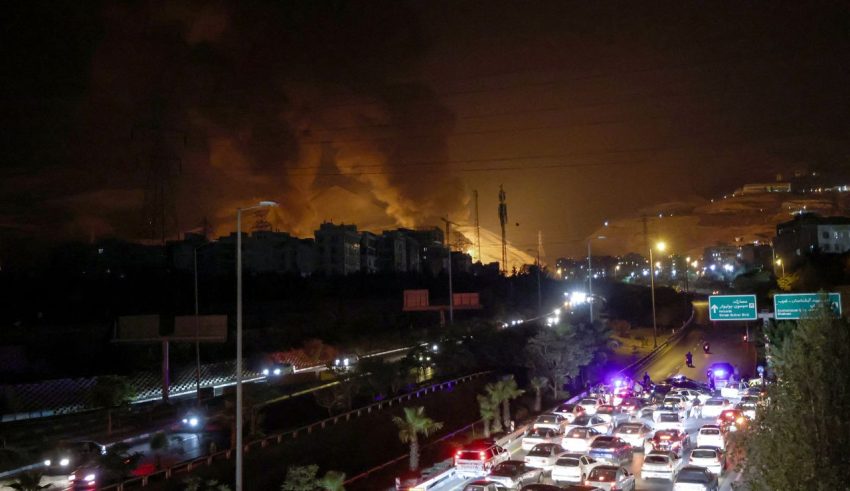
The majority of those killed or injured in Israeli strikes on Iran are women and children, the country’s health minister Mohammad-Reza Zafarghand was quoted on state media as saying.
No official tally has been given for the number of deaths from three days of conflict with Israel, but on Friday Iran’s UN envoy said at least 78 people had been killed in the initial wave of strikes.
The following day, state media reported at least 60 people were killed when a missile strike hit a residential block.
Frightened Iranians flee major cities as Netanyahu vows further strikes
Some residents in Tehran have been fleeing Iran’s capital as a sense of panic takes hold amid the escalating conflict with Israel.
Many are heading towards the north, near the Caspian Sea, which is more rural and isolated. But residents told CNN that the roads are so gridlocked it is difficult to move.
One family, who didn’t want to be named, decided to leave Tehran with their two small children and their elderly parents. They are worried that the government has housed officials and military leaders within highly populated, upper middle-class neighborhoods – putting civilians at risk.
In the city of Shiraz, long lines for petrol have been forming around the city. Residents are also stocking up on food, water, and diapers.
Cars full of families with suitcases and water strapped to the roof have been seen around the city with many families leaving for the countryside.
One family said they waited an one hour to get petrol so they could leave.
Israeli Prime Minister Benjamin Netanyahu has vowed to “strike every site and every target of the Ayatollah’s regime,” referring to the country’s Supreme Leader.



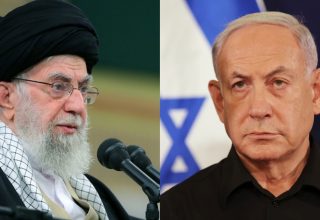

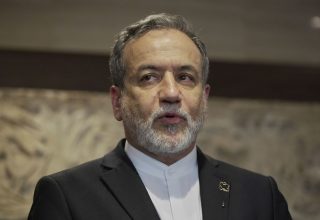
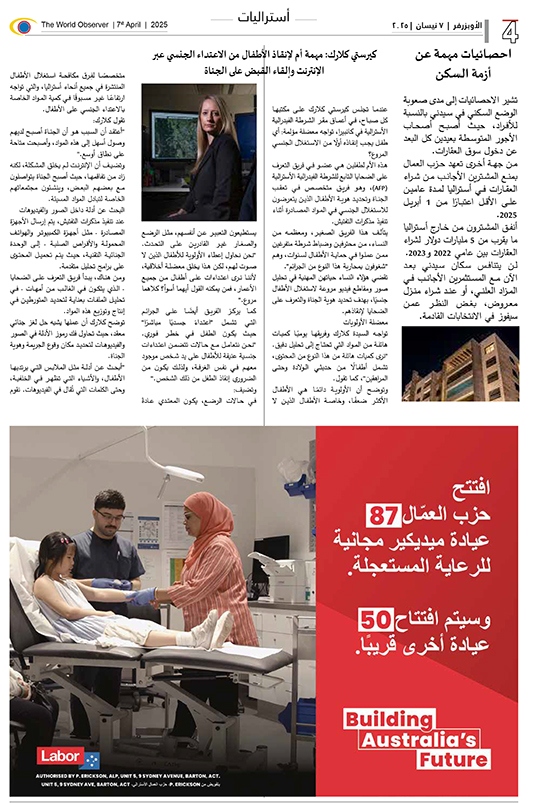
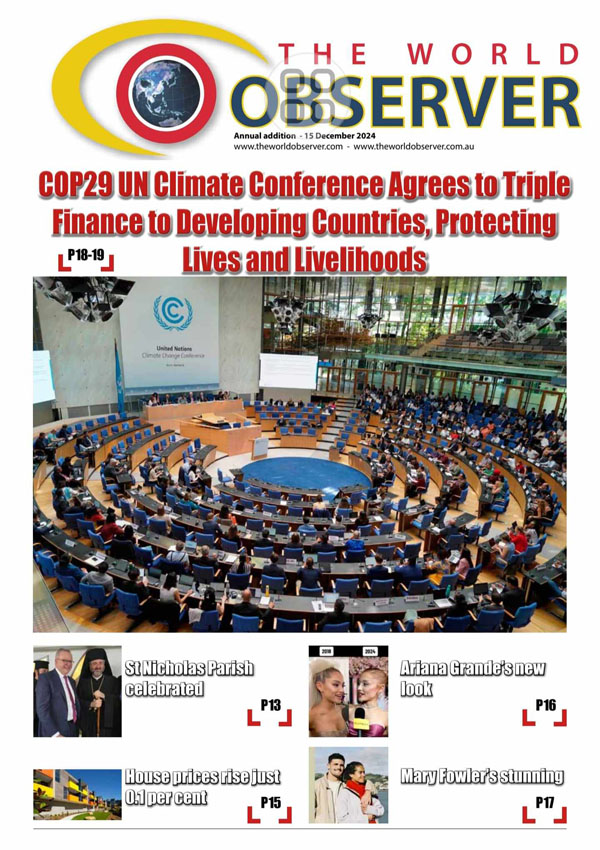






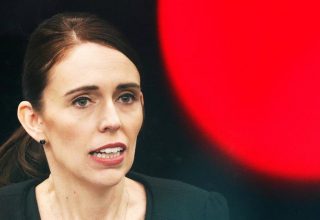




















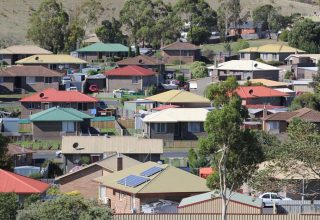

 The World Observer Media produces a daily online newspaper, a daily Arabic online newspaper and a monthly printed Arabic/English magazine and a weekly printed Arabic/English newspaper.
The World Observer Media’s mission is to entertain and educate all generation from the Ethnic Communities in Australia, who are interested in local, national and foreign information.
The World Observer Media produces a daily online newspaper, a daily Arabic online newspaper and a monthly printed Arabic/English magazine and a weekly printed Arabic/English newspaper.
The World Observer Media’s mission is to entertain and educate all generation from the Ethnic Communities in Australia, who are interested in local, national and foreign information. 


